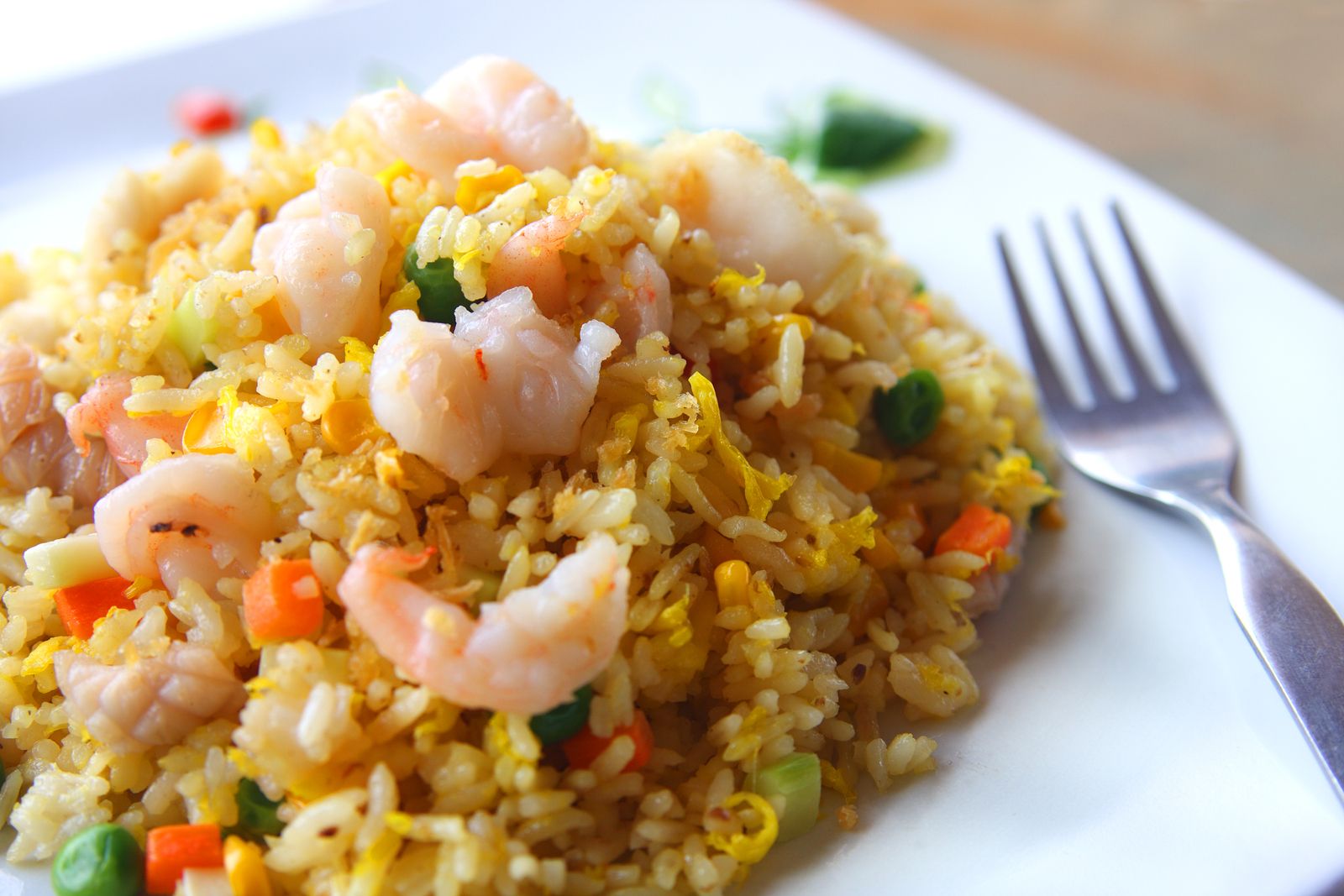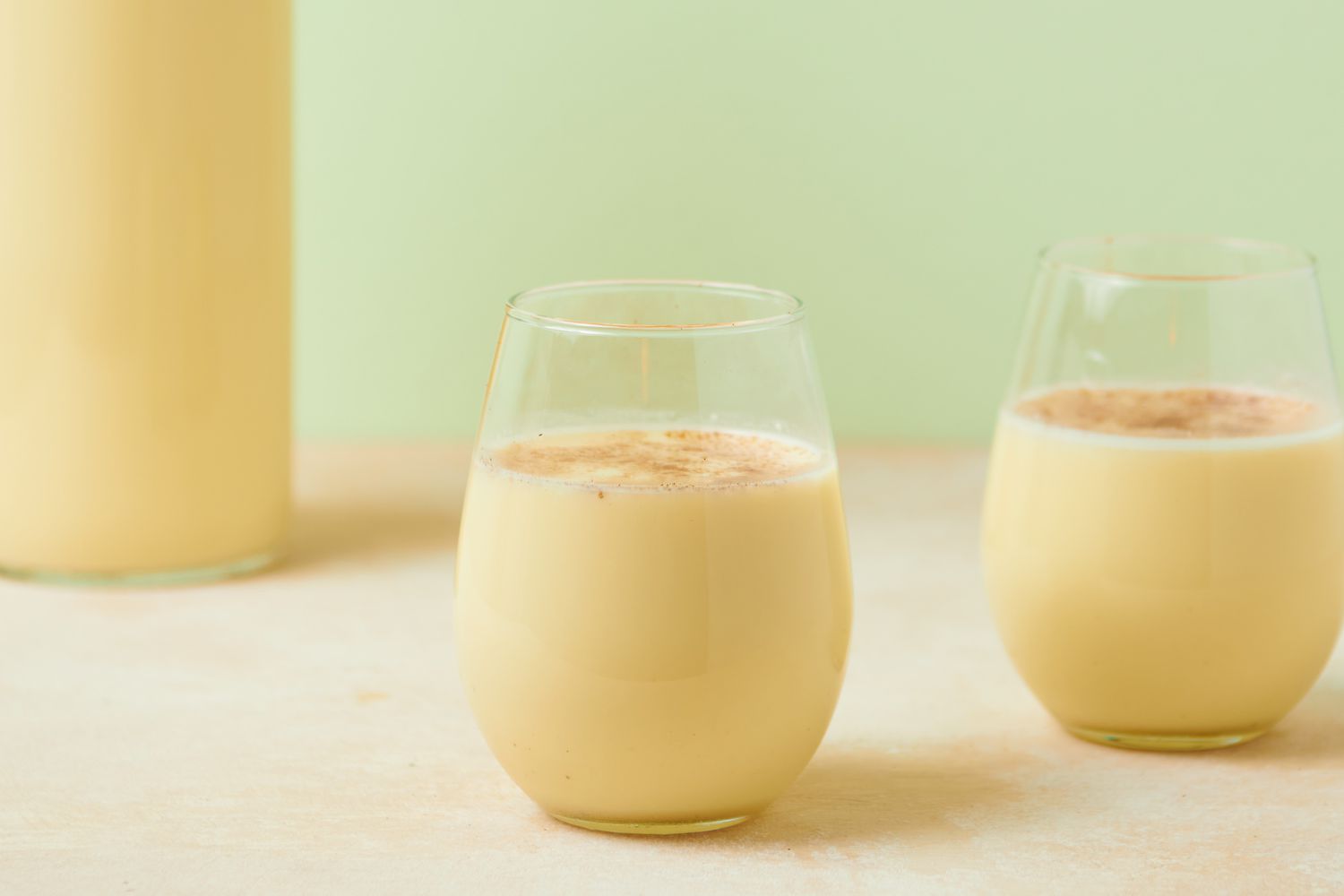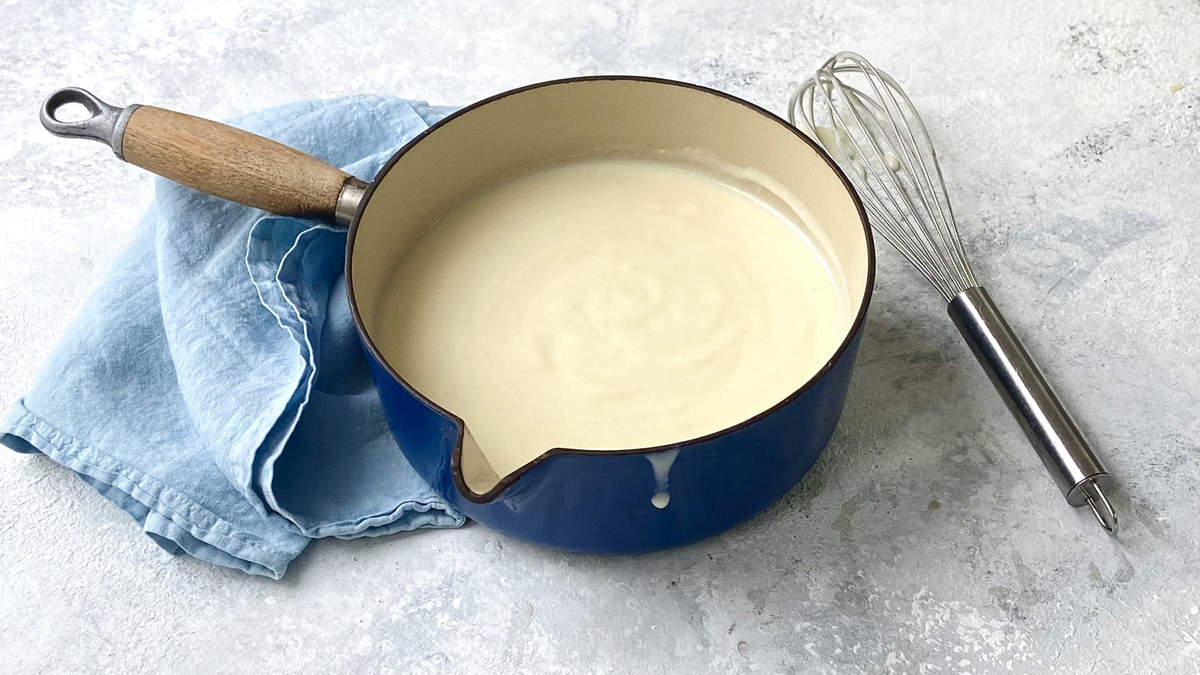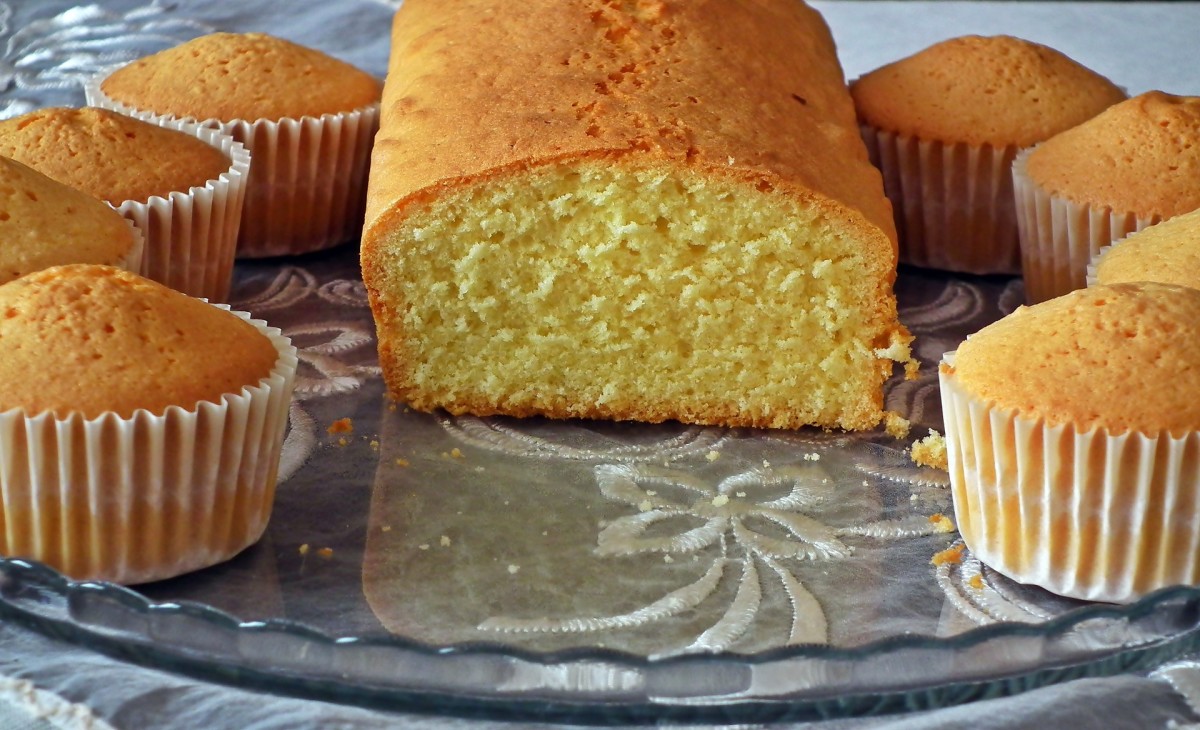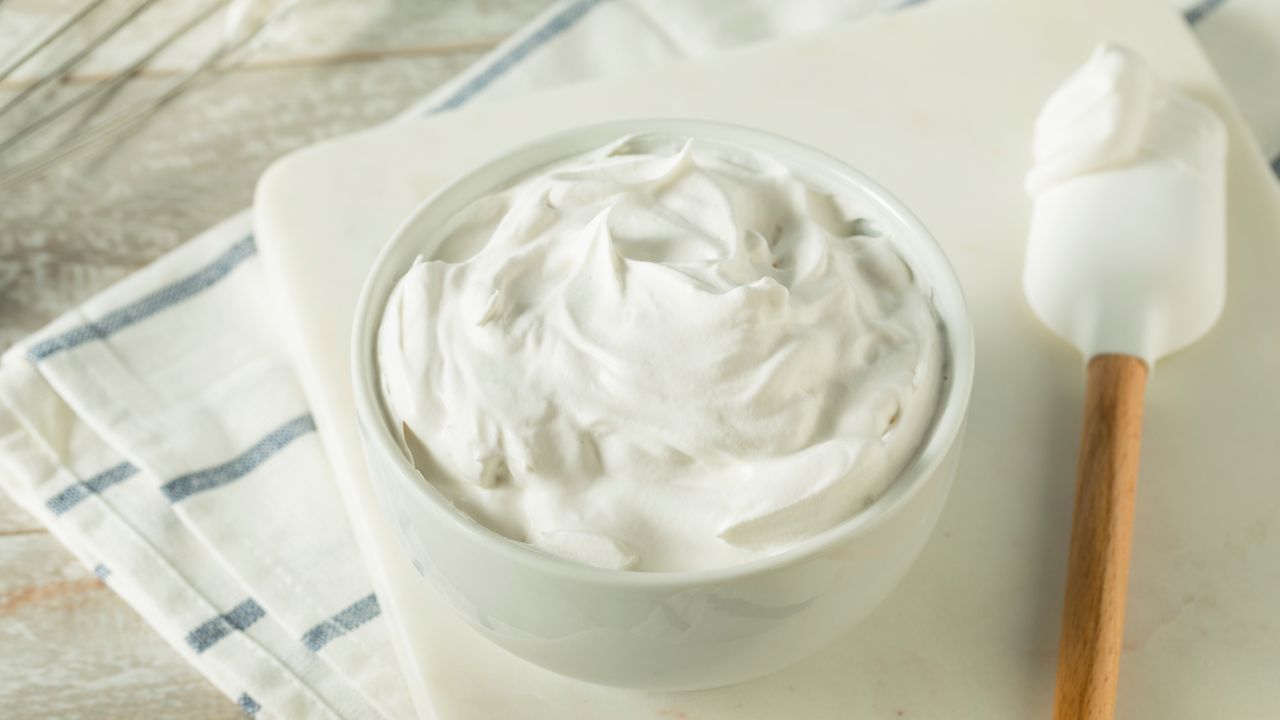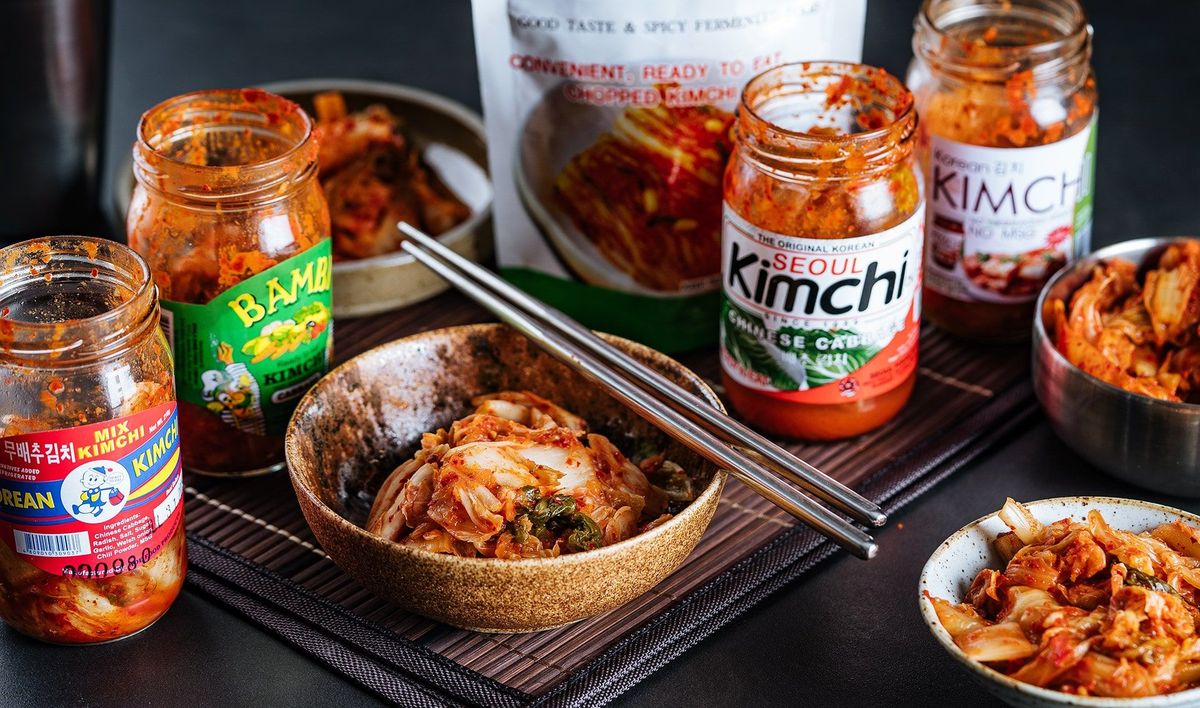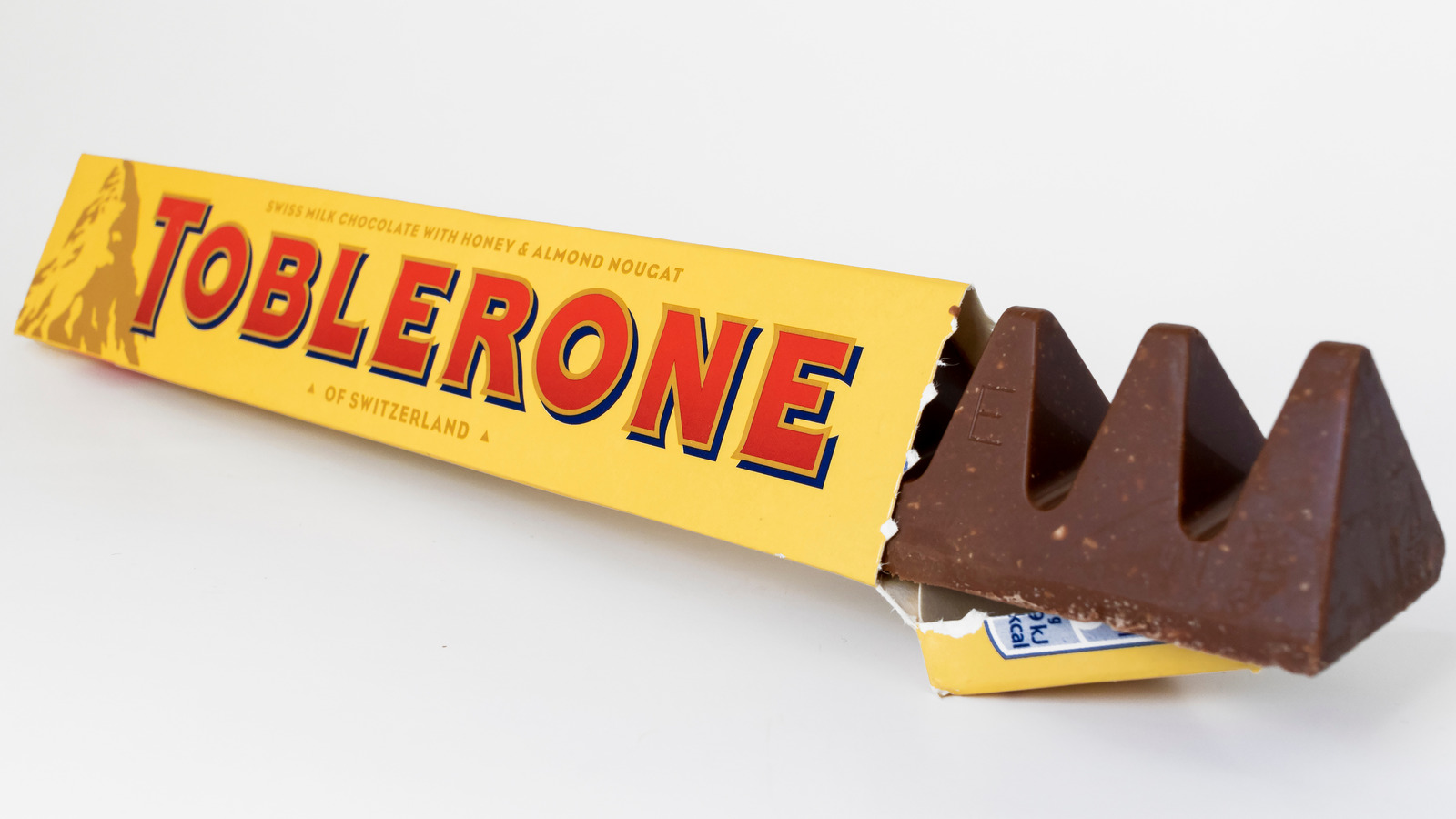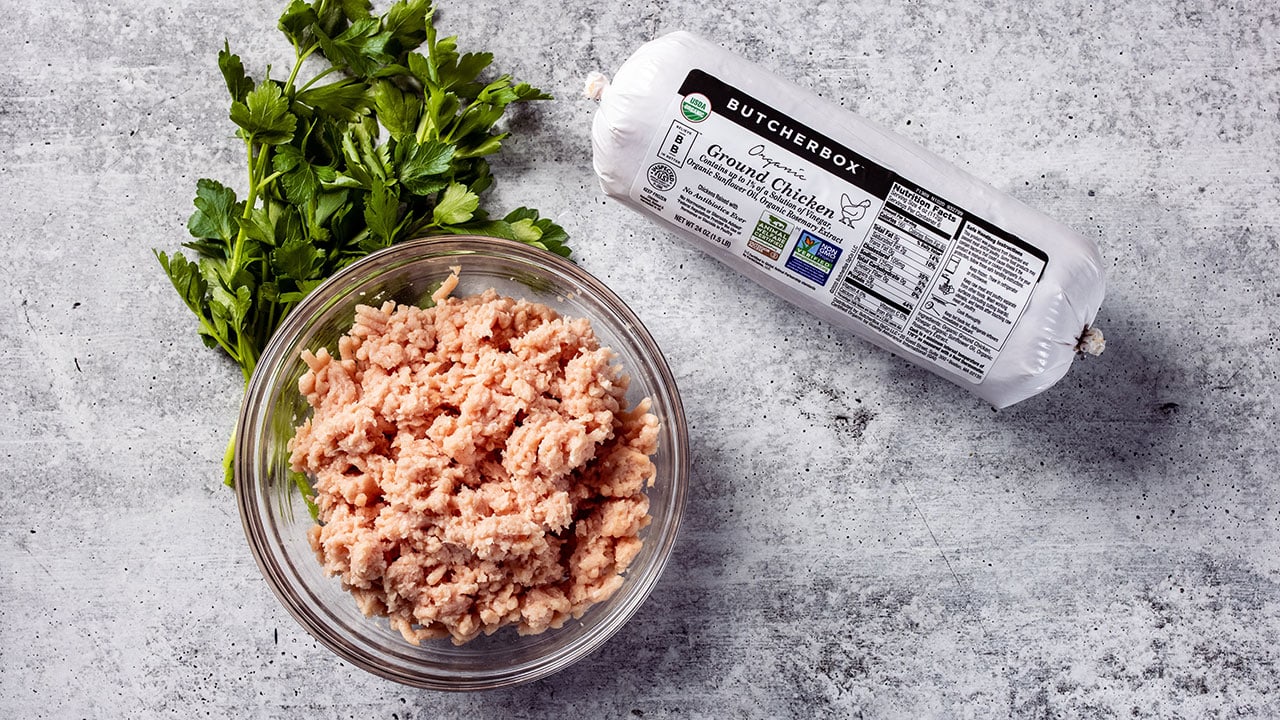Looking for a Cornstarch Substitute? Here Are Some Great Options!
Whether you’re in the middle of a recipe and realize you’re out of cornstarch or you’re looking for a healthier alternative, there are several options that can serve as a great substitute for cornstarch. Here are some common alternatives that you can use in place of cornstarch:
1. Arrowroot Powder
Arrowroot powder is a great substitute for cornstarch. It has a similar texture and can be used in the same ratio as cornstarch in most recipes. It’s also a good option for those who are looking for a gluten-free alternative.
2. Tapioca Starch
Tapioca starch is another excellent substitute for cornstarch. It has a similar texture and can be used in a 1:1 ratio in most recipes. Tapioca starch is often used in gluten-free baking and cooking.
3. Potato Starch
Potato starch is a fine, white powder that is extracted from potatoes. It can be used as a thickening agent in place of cornstarch and is suitable for use in both sweet and savory dishes.
4. Rice Flour
Rice flour can also be used as a substitute for cornstarch. It has a similar texture and can be used in a 1:1 ratio in most recipes. Rice flour is a good option for those who are looking for a gluten-free alternative.
5. All-Purpose Flour
If you don’t have any of the above alternatives on hand, all-purpose flour can also be used as a substitute for cornstarch. Keep in mind that you may need to use a bit more all-purpose flour to achieve the same thickening effect as cornstarch.
When using these substitutes, it’s important to keep in mind that they may alter the flavor or texture of your dish slightly. It’s always a good idea to test the substitute in a small portion of your recipe before committing to using it in the entire dish.
So, the next time you find yourself in need of a cornstarch substitute, don’t panic! There are plenty of alternatives that can work just as well in your recipes. Whether you opt for arrowroot powder, tapioca starch, potato starch, rice flour, or all-purpose flour, you’ll be able to achieve the desired thickening effect in your dishes.
Experiment with these substitutes and find the one that works best for your specific recipe and dietary needs. Happy cooking!
Was this page helpful?
Read Next: What Is John Wayne Casserole
